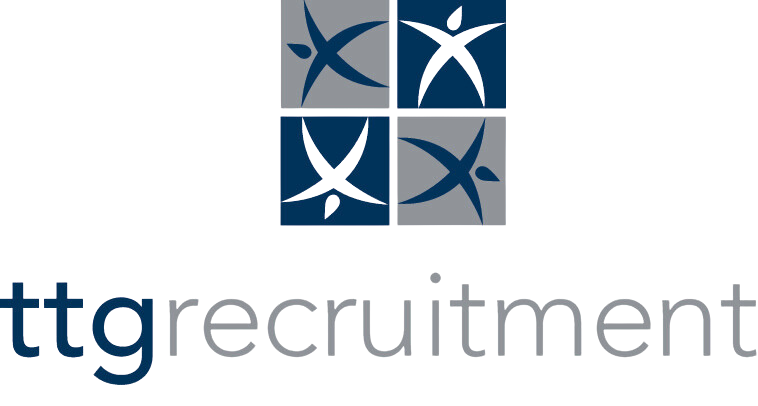We love what we do
Working from home and some helpful links
Working from Home The Turner Group has made the decision for our staff to work remotely, effective Monday 23rd March, 2020. We are all doing our very best to cope with whatever is in store for us and TTG remain fully operational until this has passed. We will be connected with our clients, candidates, and…
Leader as Coach
Leader as Coach Change is a dominant feature of organisational life. Operating in the “fourth industrial revolution”, organisational environments now experience unprecedented levels of speed and change. Leaders are regularly presented with ambiguous scenarios that they are no longer expert at solving. To achieve superior results in this type of environment requires a shift in…
Unconscious Bias Through The Looking Glass
Unconscious Bias Through The Looking Glass Despite diversity and inclusion being two different concepts, one cannot exist without the other. Diversity is the acknowledgement of the benefits of individual differences and the unique perspectives and skills which these can offer. Diversity includes but is not limited to, personal and cultural backgrounds, as well as, professional…
Leader vs. Boss
Leader vs. Boss While boss and leader are often used synonymously, there are key differences which greatly affect the impact they have over their staff. The idea of bosses becoming leaders is a hot button topic and one which we would like to explore further. As the way we do business shifts, grows and changes;…
What do Lego and Dove have in common?
What do Lego and Dove have in common? In the modern world sustainability has shifted from a buzz word to a necessity. Consumers have more information available to them than ever before and they want to engage with companies who they believe conduct sustainable and ethical business. This change in consumer expectations requires organisations to…
Employment After The Royal Commission
Employment After The Royal Commission – How the landscape has changed for employers and employees Since the completion of the Hayne Finance Services Royal Commission earlier this year I’m often asked what impact the findings have had on recruitment. Whilst the news wasn’t pretty and damaged the trust many Australian’s had in the banking system…
